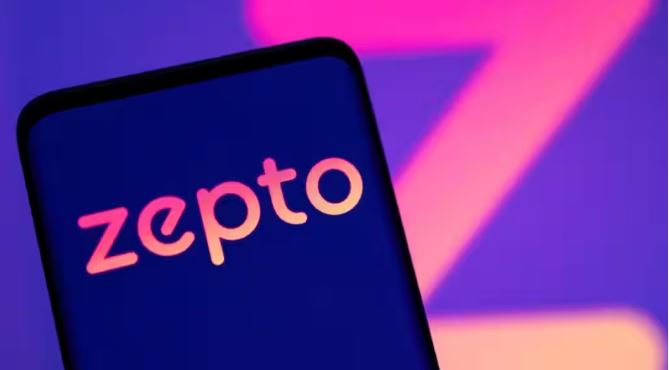Zepto's rapid rise in the quick commerce sector has been driven by its promise of delivering groceries within 10 minutes. While many might perceive this ultra-fast delivery as a mere marketing tactic, Zepto's CEO, Aadit Palicha, asserts that it is a direct response to customer needs and expectations.
Palicha has emphasized that Zepto's focus on speed stems from early customer feedback. Initially, when the company was making deliveries themselves, customers expressed dissatisfaction with long wait times, stating they would rather buy from local vendors for the sake of immediacy. This prompted Zepto to gradually reduce delivery times, aiming to replicate the convenience of neighborhood shopping. The goal was not just about speed, but about aligning with how customers were accustomed to buying - frequently and easily.
This customer-centric approach is reflected in Zepto's business model, which revolves around fulfilling customer needs, from speedy delivery to high-quality products. The company leverages technology to optimize its operations, using data-driven decision-making for everything from route optimization to inventory management. Sophisticated algorithms analyze customer preferences, delivery patterns, and local demand to ensure product availability. AI and machine learning dynamically manage inventory, adapting to real-time changes in demand, minimizing waste and maintaining lean operations.
A key element of Zepto's strategy is its network of "dark stores" – micro-warehouses strategically located in high-demand urban neighborhoods. These dark stores, not open to the public, enable Zepto to track inventory precisely and deliver products with dramatically shorter lead times. Each dark store is ideally located within a 1.5 to 2 km radius of high-density areas.
Zepto's commitment to fast delivery has not only transformed grocery delivery but has also impacted the broader Quick Service Restaurant (QSR) ecosystem in India. Its hyperlocal dark store strategy and dedication to 10-minute delivery have influenced how food and beverage brands consider logistics, last-mile delivery, and customer expectations. Zepto has also created opportunities for smaller food brands and local sellers, partnering with them to distribute packaged foods and ready-to-eat items through Zepto Cafe.
Zepto's success story isn't just about quick commerce; it's a masterclass in execution, teamwork, and customer obsession. The company has emphasized the welfare of its delivery partners, offering benefits like insurance, healthcare, and vehicle maintenance support, ensuring a motivated and reliable workforce. The intuitive app interface caters to tech-savvy users who value efficiency and ease of use, fostering customer loyalty and high retention rates.
While Zepto's rapid growth has been impressive, it has also faced challenges, including profitability, competition with local stores, and managing small order sizes. However, the company is actively addressing these challenges through strategies like encouraging customers to add more items to their carts to boost the average order value. Recently, Zepto's CEO announced that the company is nearing $4 billion in annualised gross order value (GOV), reflecting substantial year-on-year growth, while also reducing its EBITDA and operating cash flow burn.
Looking ahead, Zepto is exploring new categories such as electronics, general merchandise, apparel, and cosmetics to further enhance its revenue. The company is also leveraging GenAI to automate aspects of its ad business, providing advertisers with improved returns on ad spending. This focus on technology, customer needs, and efficient operations positions Zepto for continued growth and success in the evolving quick commerce landscape.

















